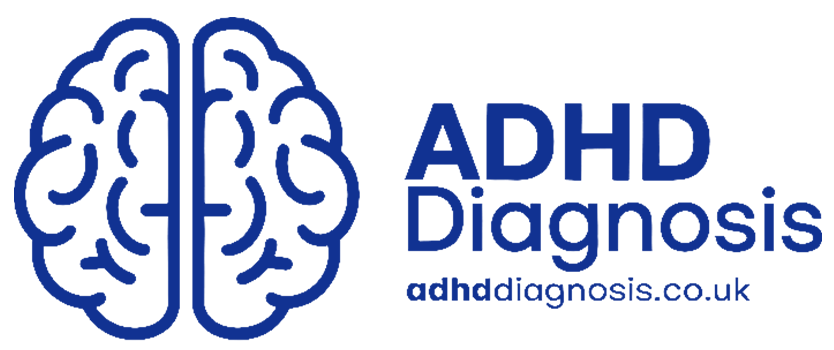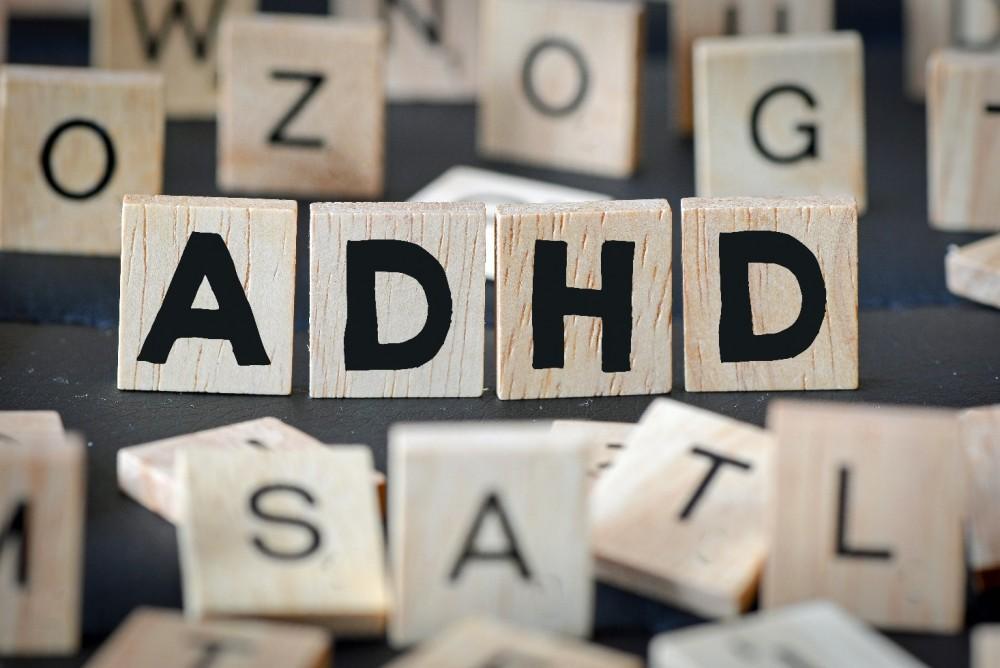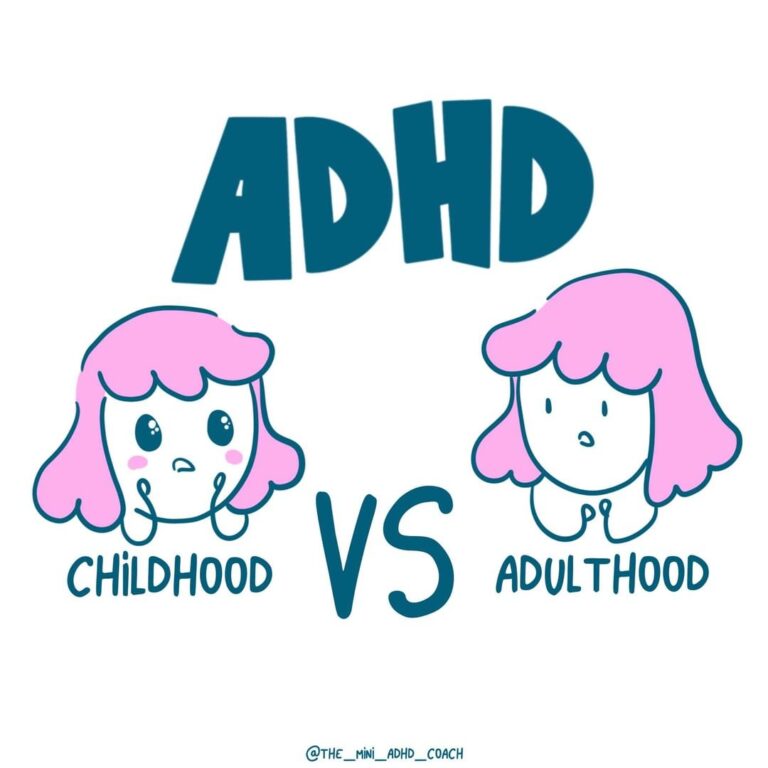ADHD is a neurodevelopmental disorder characterised by difficulties with attention, impulsivity, and hyperactivity. While it’s typically diagnosed in older children, early signs can become evident in toddlers as young as two or three years old. Understanding these signs can help parents and caregivers seek professional guidance early, leading to better outcomes for the child.
Signs and Symptoms of ADHD in Toddlers
Toddlers are naturally active and curious, so it’s essential to distinguish between typical toddler behaviour and potential ADHD symptoms. Here are key signs to watch for:
1. Inattention
- Difficulty focusing on tasks or activities for more than a few minutes
- Easily distracted by noise or movement
- Trouble following simple instructions
- Frequently losing interest in activities quickly
2. Hyperactivity
- Constantly on the go, running or climbing excessively
- Inability to sit still during quiet activities (like storytime)
- Fidgeting, squirming, or tapping hands and feet constantly
3. Impulsivity
- Interrupting conversations or talking over others
- Trouble waiting their turn during play or group activities
- Acting without thinking, leading to potential safety concerns
- Difficulty managing frustration or anger
How to Tell if It’s ADHD or Normal Toddler Behaviour
- Frequency and Intensity: All toddlers can be restless and distracted, but children with ADHD exhibit these behaviours more frequently and intensely.
- Consistency Across Settings: If the symptoms occur in different environments (e.g., home, nursery, playground), it could indicate a deeper issue.
- Impact on Daily Life: If the child’s behaviour disrupts daily activities, social interactions, or learning, it may be a sign of ADHD.
When to Seek Professional Help
If your toddler’s behaviour is consistent with ADHD symptoms and interferes with their ability to function at home or in social settings, consult a paediatrician or child psychologist. A formal evaluation typically includes:
✅ Behavioural observations
✅ Developmental history
✅ Parent and caregiver questionnaires
Tips for Managing ADHD Symptoms in Toddlers
- Create a Structured Routine – Toddlers with ADHD respond well to predictable schedules.
- Use Positive Reinforcement – Praise good behaviour to encourage positive actions.
- Limit Distractions – Create a calm environment by reducing noise and clutter.
- Encourage Physical Activity – Regular play helps burn off excess energy and improve focus.
- Set Clear Boundaries – Be consistent with rules and expectations.
Conclusion
Identifying ADHD symptoms in toddlers can be challenging, but early recognition and intervention can make a significant difference. Understanding the signs, seeking professional guidance, and creating a supportive environment are key steps to helping your child thrive.







